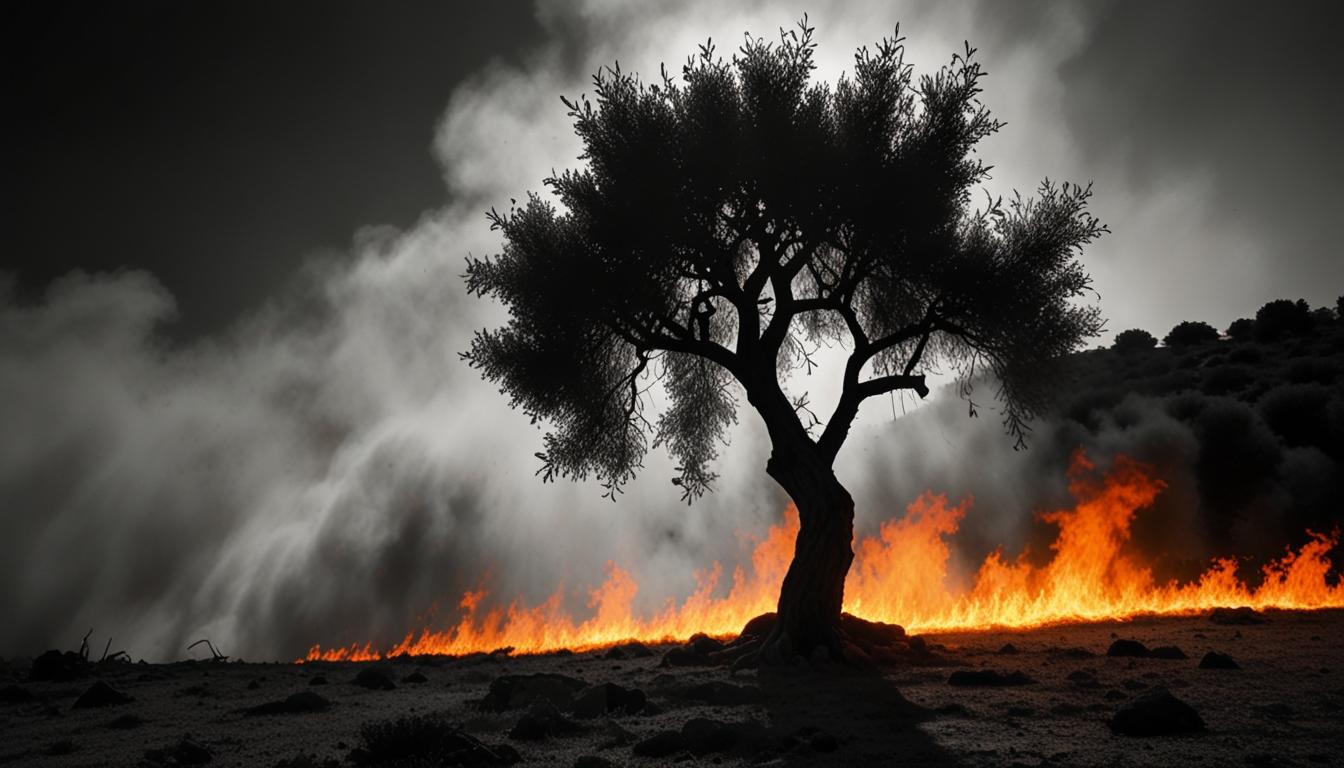Greece introduces a six-day working week for select industries to boost economic growth, while wildfires continue to ravage Greek islands and European countries amidst challenging conditions.
Greece Introduces Six-Day Working Week for Select Industries
Greece has implemented a six-day working week for certain industries starting in July 2023, aimed at enhancing economic growth. The new legislation permits employees in businesses operating on a 24-hour basis to work up to 48 hours per week, compared to the previous 40 hours. Workers opting for this arrangement will receive 40% additional pay for the extra hours worked. This policy targets companies that operate continuously on rotating shifts, such as those running 24/7 or 24 hours a day for five or six days a week.
Prime Minister Kyriakos Mitsotakis has endorsed the policy, describing it as “worker-friendly” and “growth-oriented.” This measure is designed to combat undeclared work and ensure fair compensation and compliance with legal working hour limits set by the EU.
Wildfires in Greece and Europe: An Ongoing Crisis
Recent weeks have seen wildfires erupt across several Greek islands, including Chios, Kos, and Crete, amid prolonged drought and high winds. Greece’s Prime Minister, Kyriakos Mitsotakis, has expressed concerns about a particularly dangerous summer for wildfires. Last year’s wildfires resulted in the death of 20 people and the evacuation of 19,000 from Rhodes.
Wildfire incidents have also significantly impacted other European countries, destroying over 500,000 hectares of land across Southern Italy, Portugal, Southern France, and the Balkans in 2023. Spain’s Canary Islands experienced its worst-ever wildfire, burning 15,000 hectares in Tenerife and affecting tens of thousands of residents and tourists.
The conditions for wildfires remain severe in 2024, influenced by ongoing droughts and high temperatures.













